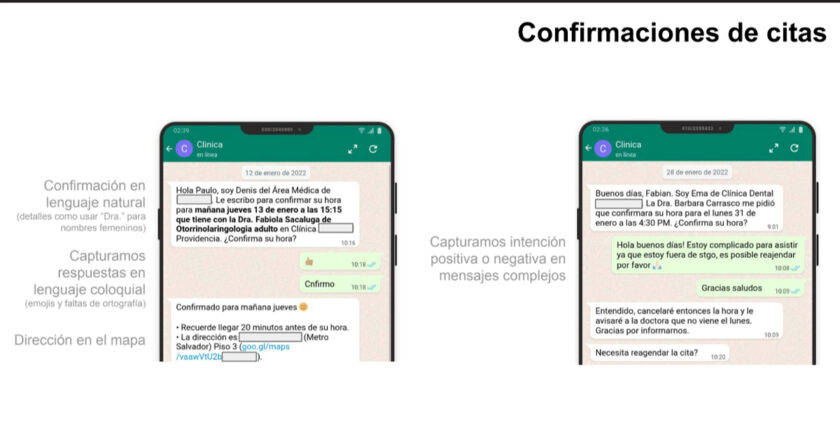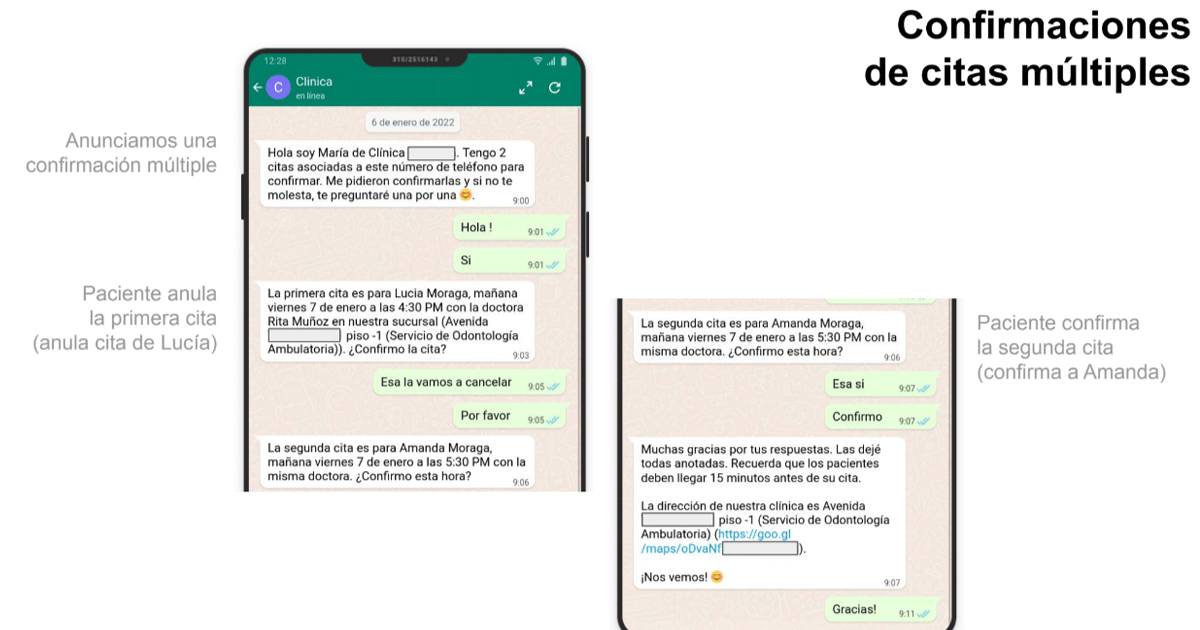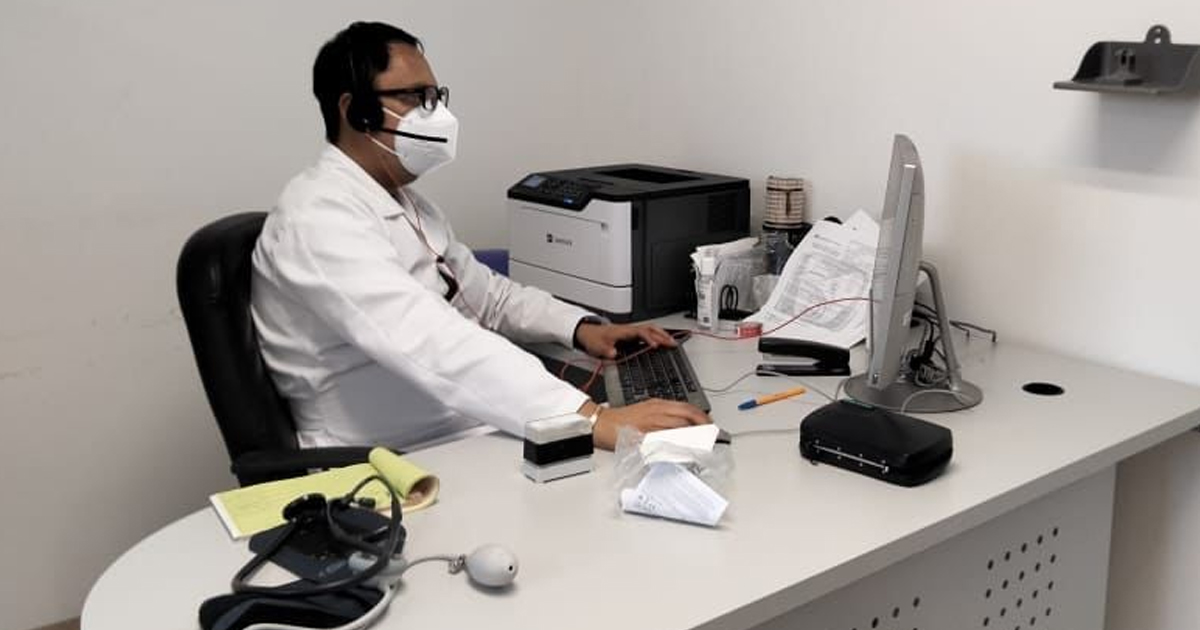Through Artificial Intelligence (AI)-based solutions, Chilean startup cero.ai has improved access to healthcare in public and private hospitals in Chile.
Zero.ai is an emerging company with origins in Chile, which seeks to optimize the use of the medical care capacity of hospitals, clinics and offices through the automation of tasks. The project focuses on the appointment schedule, with the aim of efficiently taking advantage of the health center's resources and improving communication with its patients.
Actualmente cero.ai, trabaja con prestadores de servicios del sector público y privado, cuyos objetivos son diferentes. Por ejemplo, el sector privado persigue la generación de mayores ingresos y optimización de sus operaciones, en cambio en el sector público buscan la mejor utilización de la infraestructura, como la cantidad de personas atendidas y la disminución del indicador NSP (paciente no presentado) que permite aumentar la oferta de las citas médicas. En ambos casos la solución de cero.ai ha mostrado grandes logros llevando las tasas de pacientes no presentados (NSP), también conocido como ausentismo, a un dígito.
Cero.ai started two years ago and last year it went through a business creditor in San Francisco, USA, which allowed it to validate its solution and obtain resources to continue developing the model.
Through the cero.ai solution, more than one million appointments are coordinated each month in clinics and hospitals in Chile. Using a natural language processing (NLP) model and machine and deep learning techniques, fluid and natural communication with patients is possible. The solution presented by cero.ai is based on instant messaging communication, specifically through WhatsApp, one of the most widely used applications in Latin America.


Por ejemplo, previo a una cita, cero.ai entabla una conversación con el paciente a través de WhatsApp donde se detallan aspectos básicos de la cita médica como hora, lugar y el médico, u otros más complejos como la preparación que debe cumplir el paciente antes de su asistencia.
Through the same conversation, the patient can confirm their appointment, reschedule it for another day or change the schedule. In such a way that the PLN interprets the messages of the patients, for example, words like “tomorrow”, “Monday” or “afternoon” are encoded as data of exact dates or times. Likewise, the AI is also capable of understanding not only written messages but also through voice notes, in these cases the audio goes through a transcription process.
El 98% de los pacientes que tienen cita reciben los mensajes y entre el 85 y 90% de los casos obtienen una respuesta de los pacientes. El impacto del proyecto se puede medir con las tasas positivas de respuesta, pero su real impacto es que permite reducir el “no show” de pacientes y aumentar su asistencia, optimizando y aumentando el uso real de los recursos y tiempo de atención de profesionales e infraestructura de las clínicas y hospitales. Gracias a la aplicación de este tipo de soluciones, es posible entablar una gran cantidad de conversaciones simultáneas con pacientes con citas agendadas en un hospital o clínica en lugar de depender de un centro de contacto o call center que se enfoque en estas tareas y descuide otras áreas del hospital o clínica.

Felipe Rodríguez, uno de los cofundadores de cero.ai, explica que la integración de cero.ai a los HIS y agendas de los centros de salud, es un proceso simple que no tarda más de una a dos semanas en su experiencia. Sin embargo, los hospitales ya deben de contar con un modelo de agenda, para que la IA se adecue y se entrene según sus condiciones de operación. Actualmente trabajan con 20 tipos de agendas de distintos centros de salud y reconoce que el desafío es un tema de voluntad más que de capacidad técnica.
In this way, thanks to the application of automated communication techniques, patients receive information in a timely manner to avoid delays in their medical care and to prevent them from missing their appointments. Thus, public and private hospitals can use their resources more efficiently.
ZERO.AI






